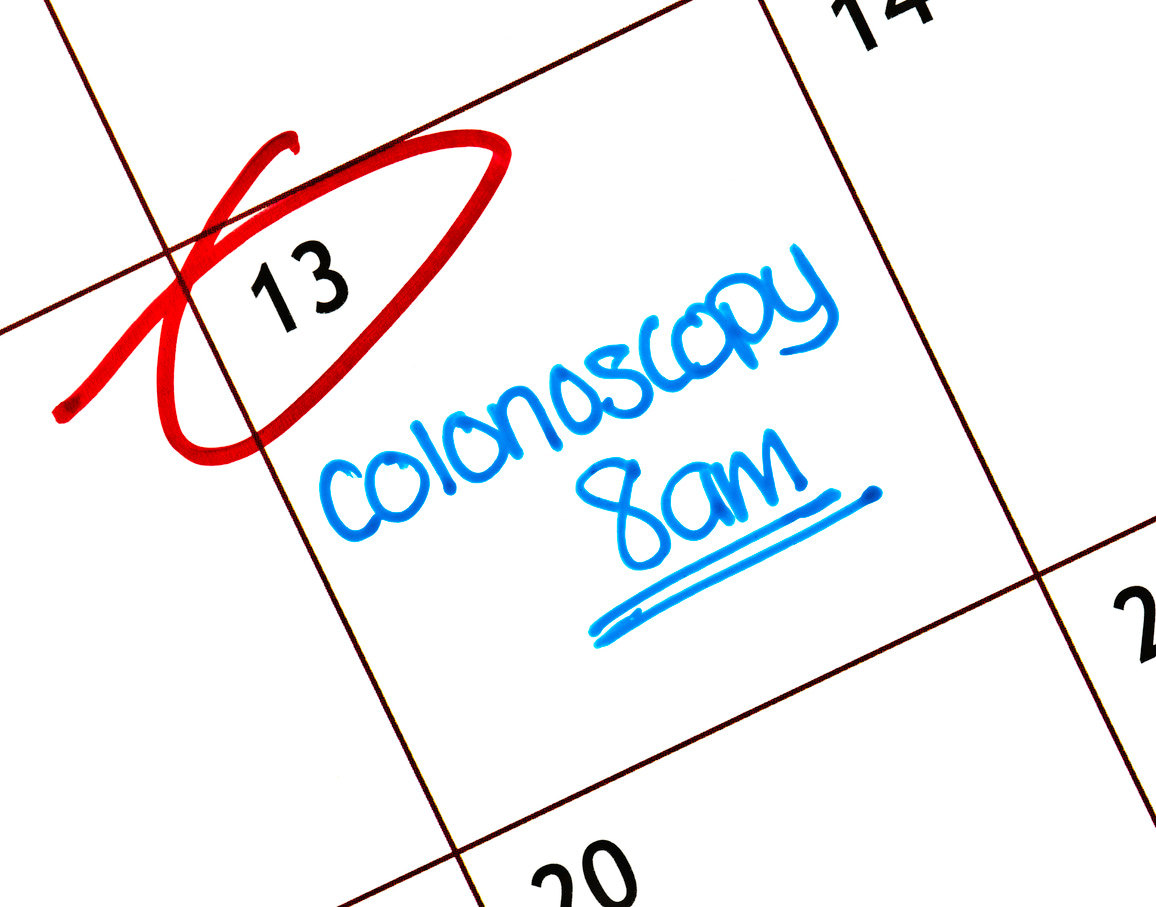
Colon cancer, also known as Colorectal Cancer or CRC, is one of the most preventable cancers in the United States. That's because colon cancer can be detected through a simple screening test known as a colonoscopy.
What is Colon Cancer, and why should you get a colonoscopy
Colorectal Cancer is the development of cancer in the colon or large intestine. It is the second leading cause of cancer deaths in men and women in the United States. CRC typically starts as a small growth, called a polyp, on the inner wall of the colon. Over time, these polyps can grow larger and more numerous and may become cancerous.
Most people know that colon cancer is a severe disease, but many don't realize it is also one of the most preventable cancers. That's because colon cancer can be detected through a simple screening test known as a colonoscopy.
Colonoscopies are also a great way to get an early diagnosis if you're at risk for colon cancer. During a procedure, your doctor will examine your entire colon for any signs of cancerous or precancerous growths. If any are found, the doctors can remove them right then and there.
The benefits of getting a colonoscopy
There are many benefits to getting a colonoscopy. Some of the most critical include:
- Detecting colon cancer early, when it is easier to treat.
- Detecting polyps and removing them before they have a chance to turn into cancer.
- Getting an early diagnosis if you are at risk for colon cancer.
If you're over the age of 50 or have any of the risk factors for colon cancer, I recommend scheduling a colonoscopy as soon as possible. The earlier colon cancer is detected, the easier it is to treat.
How to prepare for your colonoscopy
Getting a colonoscopy is a relatively simple procedure, but there are a few things you need to do to prepare for it. Here are the steps you need to take:
- Schedule your appointment.
- Stop eating solid foods 24 hours before your work.
- Drink plenty of clear liquids the day before your appointment.
- Take a laxative the night before your appointment.
- Arrive at the clinic with an empty stomach and a bowel that has been cleared of all waste.
- Rest and allow your body to recover for a few days after your procedure.
- Follow the instructions of the clinic staff on what to do after your procedure.
What happens during the procedure?
During a colonoscopy, your doctor will insert a thin, flexible tube called a colonoscope into your rectum. The colonoscope is then passed through the entire length of your colon, allowing your doctor to examine the walls for any signs of cancerous or pre-cancerous growths. If any are found, they can be removed right then and there.
Colonoscopies are also a great way to get an early diagnosis if you're at risk for colon cancer. So if you're over the age of 50 or have any of the risk factors for colorectal cancer, I recommend scheduling a colonoscopy as soon as possible.
What can you expect post-procedure care to be like?
Most people find that they experience very few side effects after a colonoscopy. The most common side effect is gas and bloating, but this usually goes away within a few days. You may also experience some mild cramping or nausea.
The clinic staff will give you detailed instructions on caring for yourself after your procedure. It's essential to follow these instructions closely to ensure a quick and easy recovery. You should rest and allow your body to recover for a few days after your colonoscopy.
When is it recommended that you have another colonoscopy?
Most people only need to have one colonoscopy in their lifetime. However, if you are at high risk for developing colon cancer or if your doctor finds any sign of cancer during your colonoscopy, you may need to have another one in the near future.
Conclusion
Colonoscopies are also a great way to get an early diagnosis if you're at risk for colon cancer. So if you're over the age of 50 or have any of the risk factors for colon cancer, I recommend scheduling a colonoscopy as soon as possible.
So don't wait - get a colonoscopy today!
